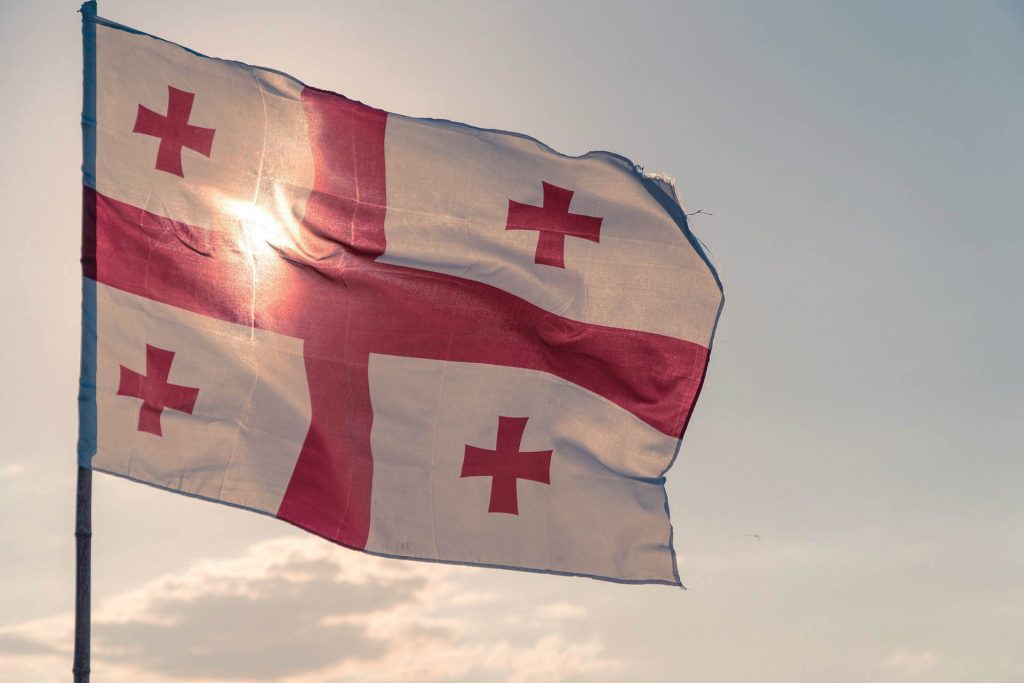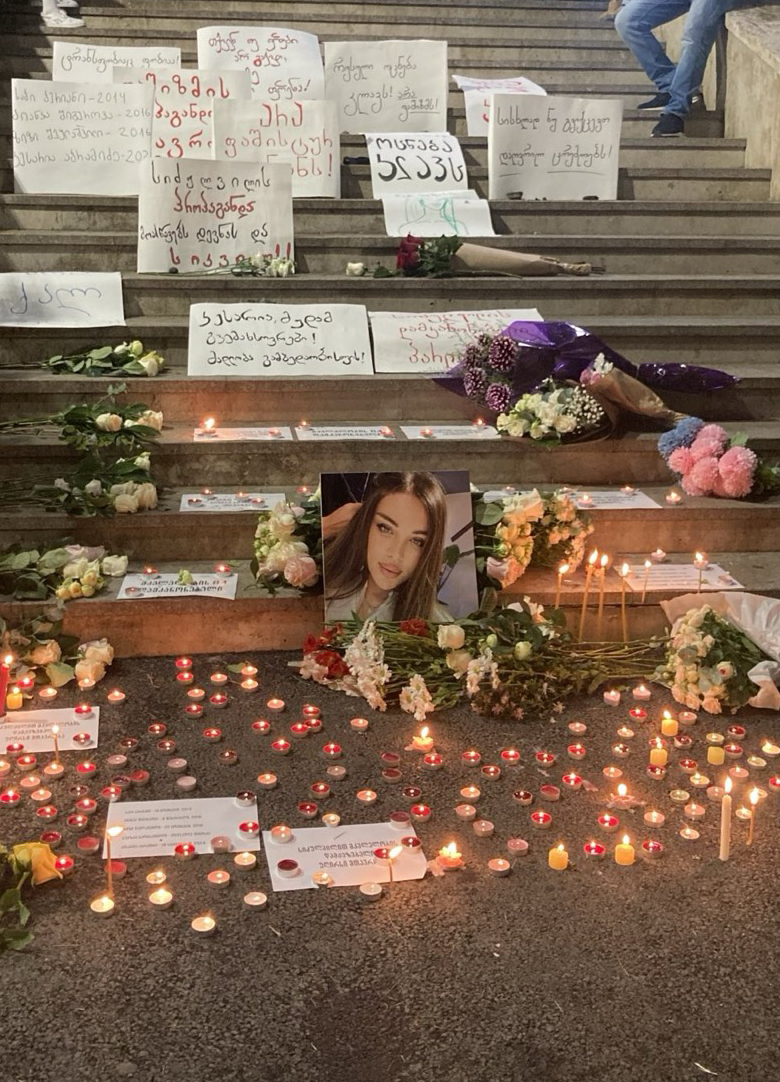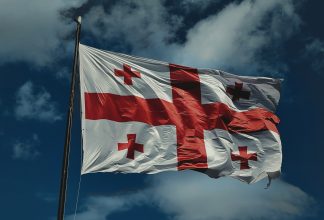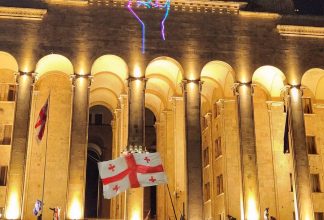New bill in Georgia violates LGBTI+ rights

On September 17, the Georgian Parliament passed a controversial “Family Values” bill, which directly targets the rights and freedoms of the LGBTI+ community in the country. Approved by 84 votes to 0, the bill introduces sweeping legal restrictions that violate basic freedoms of expression, assembly, and equality.
”These changes are framed under the guise of ‘family protection’ but is a clear violation of human rights,” says Moreta Bobokhidze, Programme Officer at Civil Rights Defenders.
Georgia has never legalised same-sex marriage, introduced comprehensive sex education, or had an official Pride parade. Now, the Georgian Parliament has gone a step further, legally outlawing Pride events, public displays of the rainbow flag, and enabling censorship of LGBTQ-related films and books.
”This law will promote discrimination, inequality and social exclusion of LGBTI persons. It targets an already vulnerable community and restricts freedoms that are fundamental to any democracy,” says Moreta Bobokhidze, Programme Officer at Civil Rights Defenders.
Limiting information on LGTBI+ issues
The legislation also includes harsh restrictions on the LGBTQ community. It bans gender transition procedures, prohibits adoption by gay and transgender people, and annuls same-sex marriages performed abroad. The new law also addresses “prohibition of propaganda” in the educational system and public spaces, effectively limiting the dissemination of information related to LGBTI+ issues in schools, public gatherings, and even the workplace.

Transwoman murdered the day after the bill
The situation for LGTBI+ people is very difficult in the country and as late as yesterday a well-known transgender woman was murdered in her home.
“With this bill the government is targeting the LGBTI+ community, and this escalation is incredibly dangerous. By creating an environment that fosters intolerance, we risk seeing a surge in hate crimes like this tragic murder,” says Moreta Bobokhidze.
As Georgia faces increasing pressure from international human rights organisations, this legislation is seen as a dangerous step backward for equality and freedom in the country.


